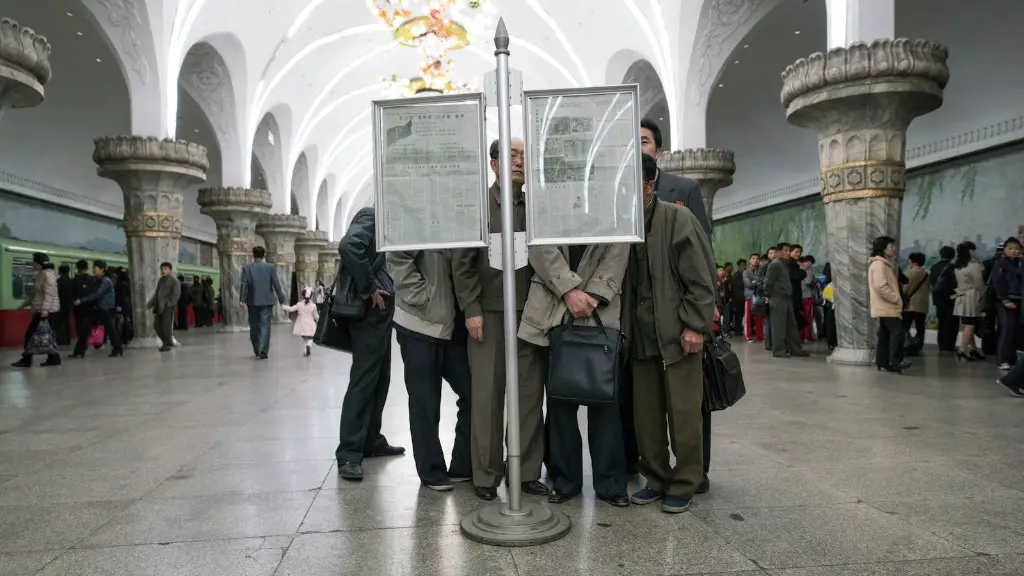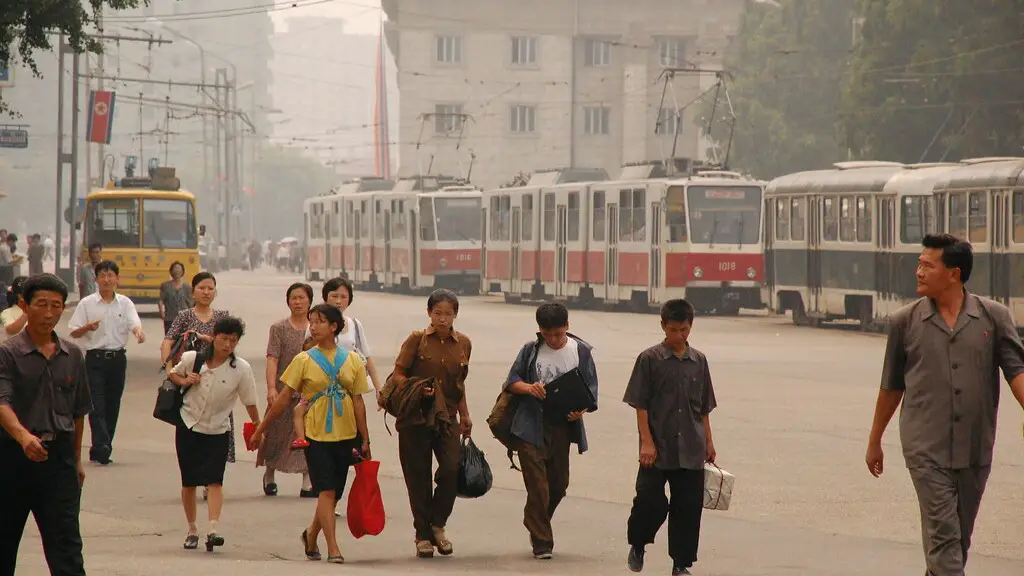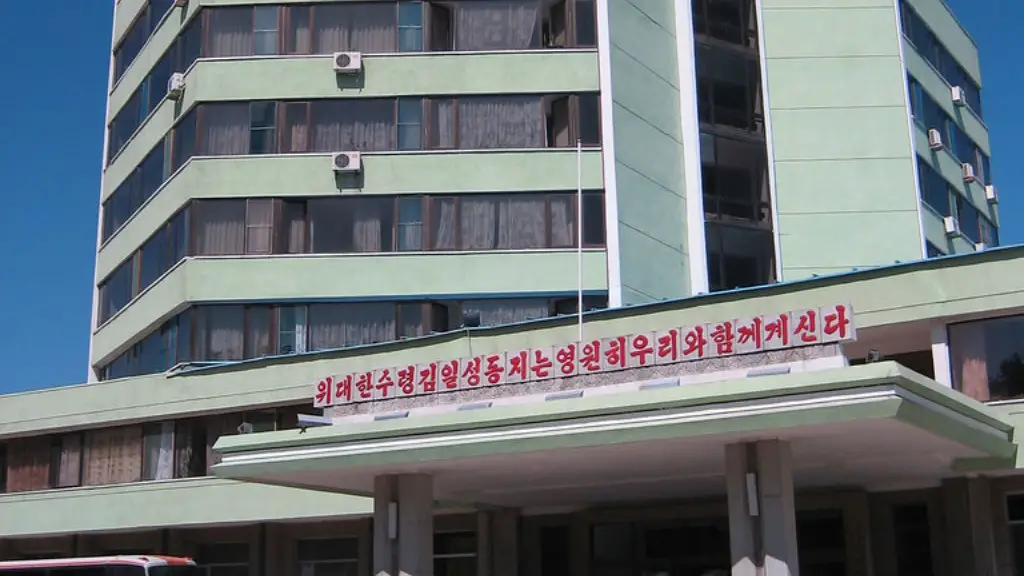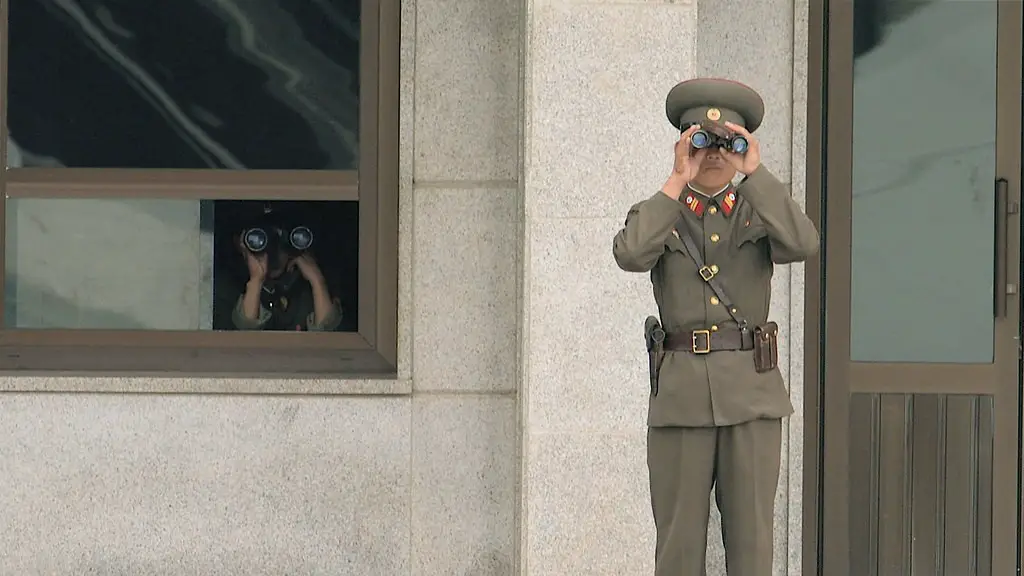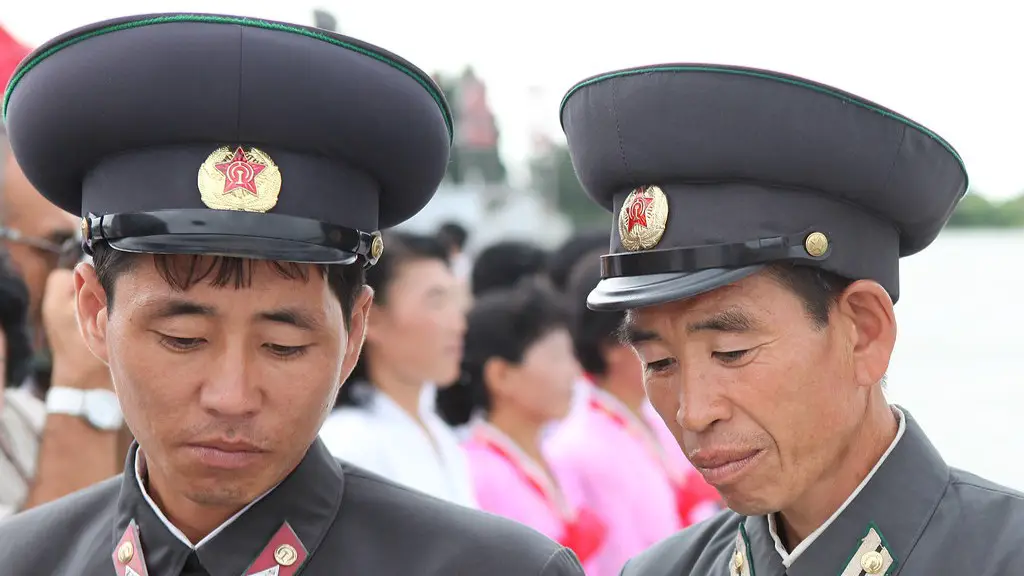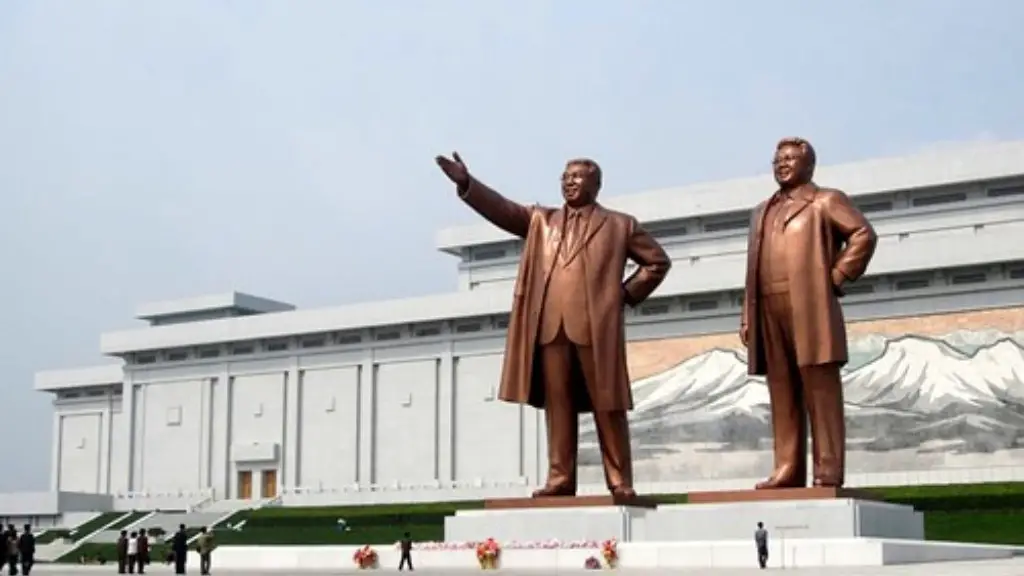Background Information
North Korea is a secretive dictatorship state ruled by the Kim family, and is often in news headlines for its high levels of human rights abuses and violations. It’s an international pariah and often referred to as one of the harshest countries in the world in regards to human rights. The Human Rights Watch have published that North Korean citizens have limited freedoms, no civil liberties and no independent voices to advocate for change. Pervasive control over the population, especially from the authorities, is commonplace in North Korea.
Concerns about human rights abuses and violations were officially highlighted in the early 1990’s by the United Nations. In 2003, the UN Human Rights Commission issued a resolution condemning the North Korean government for the grave human rights violations found in the country. However, due to opposition from Russia and China, the UN commission has been unable to take further meaningful action against North Korea.
Relevant Data
The North Korean government has systematically persecuted and discriminated hundreds of thousands of their own citizens and denied them basic human rights. The UN Commission on Human Rights has stated that “grave, widespread and systematic” human rights abuses have occurred in North Korea, including torture, public executions, arbitrary detainment and enforced disappearances. It is estimated that at present, up to 200,000 people are being detained in secret camps and prisons, with most of them being subjected to torture and other inhumane conditions.
In addition to this, the United Nations estimates that in North Korea, hundreds of thousands of people are suffering from food shortages, malnutrition and extreme poverty, due to the government’s failure to provide basic needs for its people. The North Korean government continues to deny basic rights to its citizens in terms of education, freedom of movement and access to employment opportunities.
Perspectives from Experts
In an interview with the BBC, Anastasia Lin, an international human rights advocate and the winner of the Miss World Canada in 2015, highlighted the situation taking place in North Korea. She says that “North Korea is one of the most repressive countries in the world, and has been for decades. The government has total control over its citizens and denies them their basic human rights and freedom of expression.”
Tim Peters, a human rights activist and founder of the ministry “Helping Hands Korea” is another expert on the matter. He has worked with North Korean refugees in countries such as China, and provided his perspective on the situation in North Korea. “The real issue in North Korea is not just the human rights abuses, but the government’s attitude towards its citizens. The government and its leaders must be held accountable for the violations they are responsible for and urged to change the political and economic systems that allow such abuses to occur.”
Analysis and Insights
The situation in North Korea concerning human rights is dire and has been for some time. Despite international outcry, the situation remains unchanged and governments, such as Russia and China, have continuously blocked any further action against North Korea from taking place. This has led to the perpetuation of the North Korean government’s control of its citizens, and their continued denial of their basic human rights.
The United Nations has attempted to create solutions for the current human rights crisis in North Korea, particularly in regards to its detention centers and the treatment of those within them. Despite this, no real changes have been made, and the gravity of the situation remains largely unchanged. It appears that the only way to stop the ongoing abuses, is for the North Korean government to make tangible changes to their regime and treatment of its people.
Proposed Solutions
One proposed solution is for the United Nations to implement sanctions against the North Korean government, to force them to abide by international laws. These sanctions could include targeted measures such as restricting access to foreign currency and travel permits. This may act as an incentive for the North Korean government to change their human rights record, and give them an incentive to make positive changes.
In addition to this, an even broader solution could be for the international community to pursue dialogue and diplomacy with North Korea. This could mean the formation of a coalition of nations willing to work with the North Korean government and negotiate a better future for its people. Such a coalition would have to be broad, forceful and dedicated to the cause of changing the atmosphere in the country and ultimately, transforming the country into one with an improved human rights record.
Finally, another proposed solution is for countries to invest more in sanctions-evading activities that can benefit the North Korean population. This would involve stimulating the private sector and creating jobs, investing in healthcare and education, and providing aid that would enable citizens to access basic necessities. These types of investments are important, and could potentially lead to wider improvements in the human rights situation in the country.
International Response
The international community has responded to the human rights violations taking place in North Korea, but not enough has been done. Many countries have publicly denounced the North Korean government and have called for it to improve its human rights record. However, there is still a need for stronger action and more tangible responses, if any real change is going to be seen in the future.
The United Nations has previously sent a mission to North Korea to assess the human rights situation, and the report that was produced highlighted the various violations taking place. Further steps taken by the UN involved calling on North Korea to release its political prisoners and to improve its human rights abuses. However, the North Korean government has not responded in any meaningful way to these requests.
Several countries have also taken unilateral action in order to respond to the situation, such as passing economic sanctions and enacting travel bans on North Korean authorities. However, these measures have not been enough to stop the North Korean government from continuing its human rights abuses, and more must be done in order for any real change to take place.
International Law
The Universal Declaration of Human Rights, a part of international law, enshrines the principle of human rights for all. North Korea is a signatory of this document, and is thus legally bound to adhere to its measures. However, as has been widely understood, the North Korean government continues to violate the rights of its citizens and is thus in breach of its obligations.
The International Criminal Court is another source of justice and it is possible for the court to hold North Korean authorities accountable for the abuses they have committed. However, it is extremely difficult to hold accountable those at the top of the regime, such as Kim Jong Un, as they are beyond the reach of the court.
The situation in North Korea is dire, and it is incumbent upon the international community to take more forceful action to ensure that the rights of North Koreans are respected. International law must be an important part of the solution, and all countries must adhere to the principles enshrined in the Universal Declaration of Human Rights.
International Pressure
International pressure is one of the most powerful tools available to the international community in the fight against North Korean human rights abuses. Countries can use both diplomatic and economic tools to try to achieve results, as well as using the media to spread awareness about the situation in North Korea.
The United States has been at the forefront of the fight for North Korean human rights, with President Obama leading the way. He has implemented economic sanctions against North Korea and has urged the United Nations to increase its pressure on the North Korean government.
Other countries such as the United Kingdom and Japan have also played an important role in pressing the North Korean government to improve its human rights performance. Japan has provided aid to refugees and helped to build awareness about the plight of North Korean citizens. It has also implemented a number of economic sanctions against North Korea.
The international community must continue to put pressure on the North Korean government to improve its human rights record, and to respect the basic rights of its citizens.
